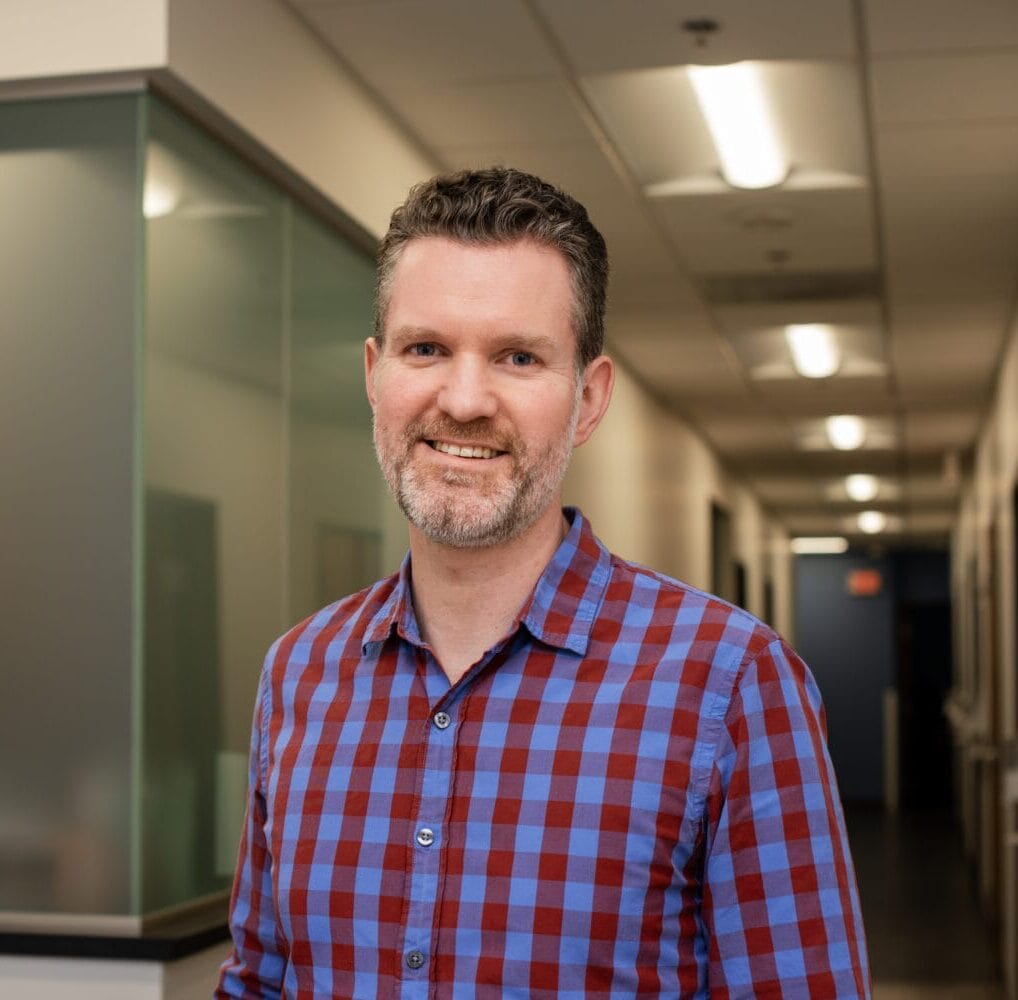WesternU team co-authors Interprofessional Education publication
Western University of Health Sciences led a multi-institutional team in authoring a study of interprofessional education (IPE) to be published in a prestigious academic journal.
IPE leaders from WesternU in Pomona, Calif., Rosalind Franklin University of Medicine and Science in North Chicago, Ill., and Thomas Jefferson University in Philadelphia, Pa., collaborated on “Interprofessional Education: A Review and Analysis of Programs from Three Academic Health Centers,” which will be published in the July 2012 issue of Academic Medicine.
Click here to view the article online.
Interprofessional education is defined as “occasions when (students) from two or more professions learn about, from and with each other to enable effective collaboration and improve health outcomes,” according to “Framework for Action on Interprofessional Education and Collaborative Practice.” Geneva, Switzerland: World Health Organization; 2010. http://www.who.int/hrh/resources/framework_action/en/index.html. The goal of WesternU’s IPE program, which began in 2010, is for graduates to demonstrate an understanding of each other’s roles as health professionals and to provide and promote a team approach to patient care and health care management, leading to improved patient care.
The three universities are all members of the Association of Academic Health Centers and all have comprehensive IPE programs. They have presented together at the American Association of Medical Colleges and other national and international IPE conferences.
“I felt that it was important to have an article in a high-impact journal to let academic health centers and health science universities know how important it is to have an IPE program, and there is not just one way to do it,” said lead author Sheree Aston, OD, MA, PhD, vice provost of WesternU. “Our programs are different. There are some things we have in common, and then we divert in the models we use.”
The article explains the reasons for starting an IPE program, ways of implementing it, assessment strategies and recommendations to other institutions considering implementing IPE. WesternU co-authors include Dr. Susan Mackintosh, Dr. Jordan Orzoff (now with the University of Minnesota –Twin Cities) and Hayes Galitski.
The three universities represent different regions of the country, different types of academic health centers, and both osteopathic and allopathic medicine.
In comparing the three programs, the authors learned the following are essential for a successful IPE program: dedicated support and budgetary resources from senior administration and college deans; maintenance of balanced faculty workload; development of a formal IPE department with faculty and support staff; creation of an academic calendar that allows for IPE; and planning space for small-group and interprofessional care. Most important, all institutions must craft rigorous assessment plans to provide the necessary evidence that IPE works.
For those academic institutions considering IPE program implementation, the authors suggest the following projects: developing, testing and validating instruments to assess interprofessional communication and behaviors of students evaluating standardized patients; implementing and studying the impact on patient care of student-run interprofessional ambulatory health clinics; developing interprofessional protocols designed to improve diabetes care based upon teamwork methodology; developing and testing models of communication protocols for the medical home that are grounded in the principles of teamwork; and designing and conducting rigorous multi-site research projects on enhancing outcomes in patients receiving care by clinicians trained in interprofessional practice.
“We wanted to make a combined statement to the academic world,” Aston said. “We thought it was important that it was done in a collaborative fashion. It’s an important thing to do, and there’s not one way to approach it. Just start doing it.”
Sheree J. Aston, OD, PhD, Wendy Rheault, PT, PhD, Christine Arenson, MD, Susan K. Tappert, PT, DPT, Judith Stoecker, PT, PhD, Jordan Orzoff, PhD, Hayes Galitski, and Susan Mackintosh, DO. Interprofessional Education: A Review and Analysis of Programs from Three Academic Health Centers.



